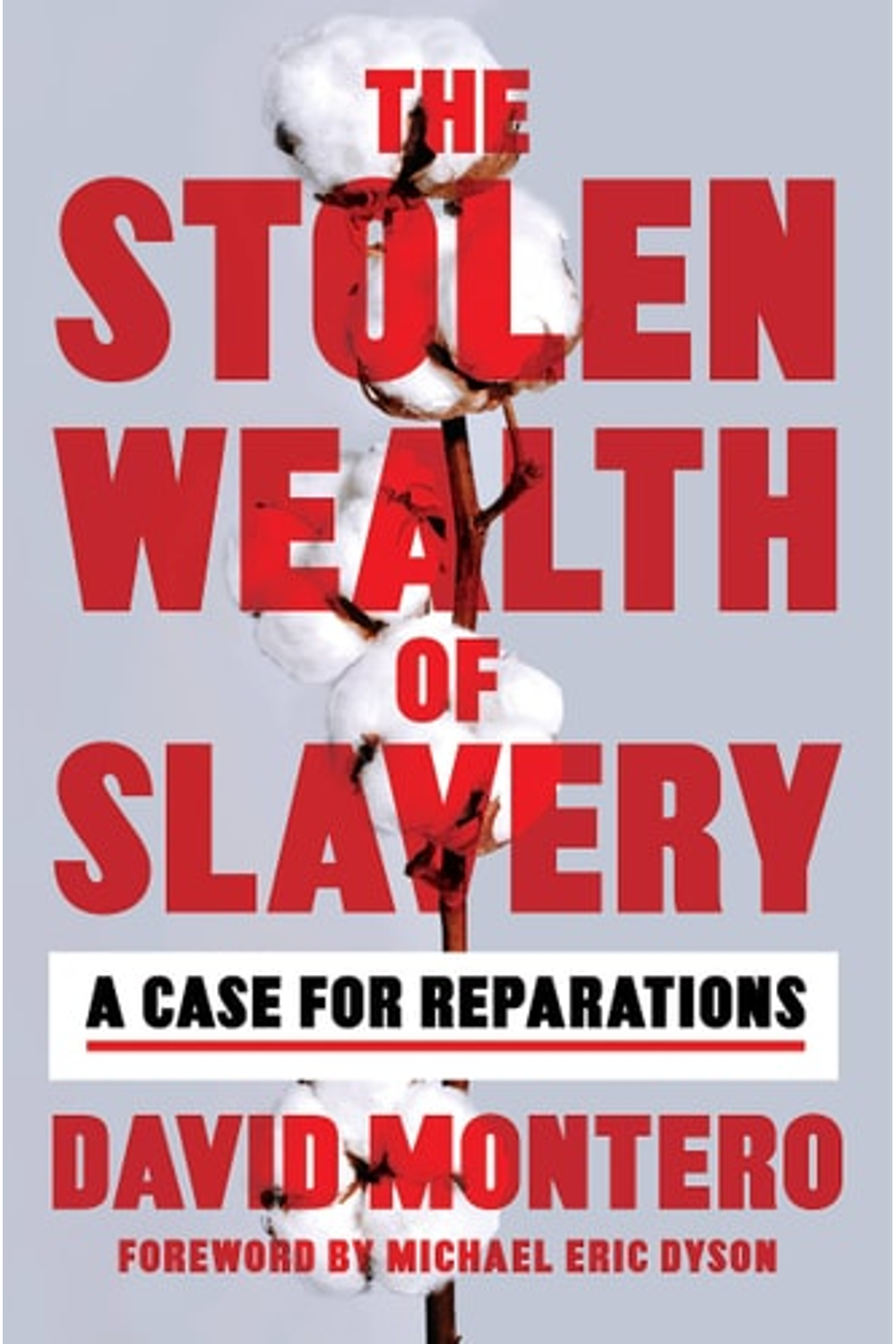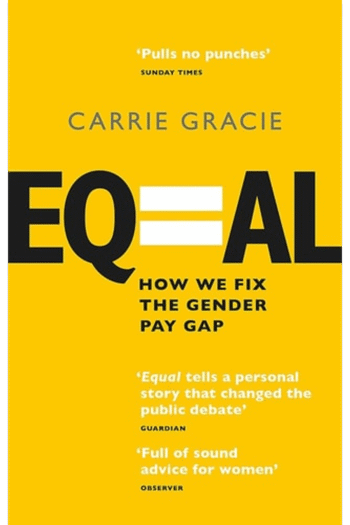Discover the hidden history of American capitalism with David Montero’s “The Stolen Wealth of Slavery: A Case for Reparations.” This meticulously researched book unveils the uncomfortable truth about the North’s deep financial ties to slavery, exposing how major corporations profited from the exploitation of enslaved Black people. Montero challenges the traditional narrative, demonstrating how Northern banks and businesses fueled the institution of slavery and built their fortunes on its brutal foundations. Explore the legacy of this stolen wealth, its impact on American industrialization, and the compelling argument for corporate reparations. An essential read for understanding America’s complex past and present economic inequalities. Amazon’s Best History Book of the Month. Publishers Weekly Top 10 Pick.
The Stolen Wealth of Slavery: A Case for Reparations
22,80 $
In stock
Publishers Weeklys Top 10 Spring 2024
Amazon’s Best History Book of the Month for February 2024
This groundbreaking book tracks the massive wealth amassed from slavery from pre-Civil War to today, showing how our modern economy was built on the backs of enslaved Black peopleand lays out a clear argument for reparations that shows exactly what was stolen, who stole it, and to whom it is owed.
In this timely, powerful, investigative history, The Stolen Wealth of Slavery, Emmy Award-nominated journalist David Montero follows the trail of the massive wealth amassed by Northern corporations throughout Americas history of enslavement. It has long been maintained by many that the North wasnt complicit in the horrors of slavery. The truth, however, is that large Northern banksincluding well-known institutions like Citibank, Bank of New York, and Bank of Americawere critical to the financing of slavery; that they saw their fortunes rise dramatically from their involvement in the business of enslavement; and that white business leaders and their surrounding communities created enormous wealth from the enslavement and abuse of Black bodies.
The Stolen Wealth of Slavery grapples with facts that will be a revelation to many: Most white Southern enslavers were not richmany were barely making ends meetwith Northern businesses benefitting the most from bondage-based profits. And some of the very Northerners who would be considered pro-Union during the Civil War were in fact anti-abolition, seeing the institution of slavery as being in their best financial interests, and only supporting the Union once they realized doing so would be good for business. It is a myth that the wealth generated from slavery vanished after the war. Rather, it helped finance the industrialization of the country, and became part of the bedrock of the growth of modern corporations, helping to transform America into a global economic behemoth.
In this remarkable book, Montero elegantly and meticulously details rampant Northern investment in slavery. He showcases exactly what was stolen, who stole it, and to whom it is owed, calling for corporate reparations as he details contemporary movements to hold companies accountable for past atrocities.
| Authors | |
|---|---|
| Binding | |
| Condition | |
| ISBN-10 | 0306827174 |
| ISBN-13 | 9780306827174 |
| Language | |
| Pages | 368 |
| Publisher | |
| Year published | |
| Weight | 1051 |
| Edition | 1 |
Related products
-
Teacher’s Pet
23,94 $ -
Cognition on Cognition
33,72 $ -
Equal
33,04 $
- Additional information
- Currencies
- USD – United States dollar
- EUR – Euro
- GBP – Pound sterling
- CNY – Chinese yuan
- BRL – Brazilian real
- MXN – Mexican peso
- JPY – Japanese yen
- PHP – Philippine peso
- THB – Thai baht
- PLN – Polish złoty
- CAD – Canadian dollar
- MYR – Malaysian ringgit
- AUD – Australian dollar
- TWD – New Taiwan dollar
- CZK – Czech koruna
- SEK – Swedish krona
- HUF – Hungarian forint
- ILS – Israeli new shekel
- CHF – Swiss franc
- HKD – Hong Kong dollar
- DKK – Danish krone
- SGD – Singapore dollar
- NOK – Norwegian krone
- NZD – New Zealand dollar





